
Charity
Man who had stroke at 24 thanks Liverpool Brain Charity for giving him his voice back
3 years ago
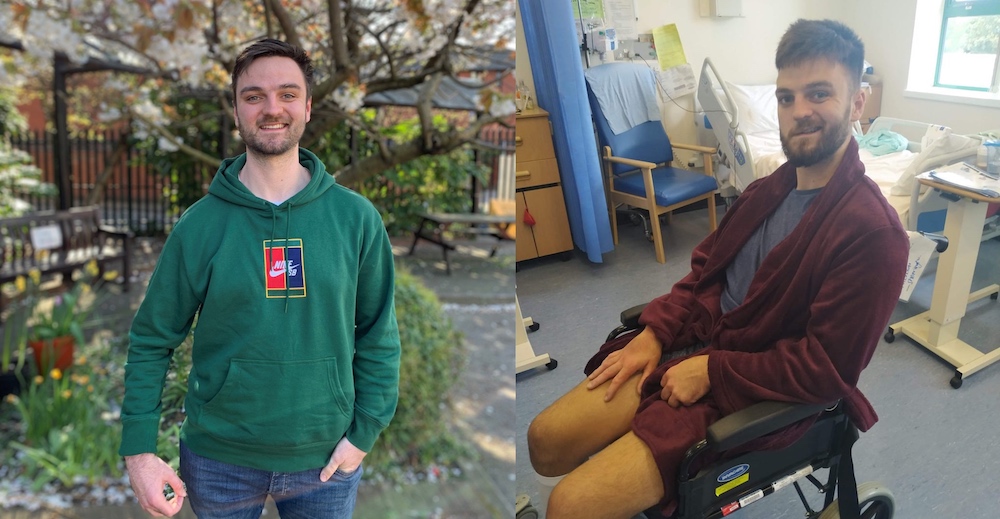
The Brain Charity is based in Liverpool and supports thousands of people with neurological conditions.
Dominick Nicholas bursts into a pitch perfect rendition of Fly Me To The Moon and a beaming smile takes over his face.
It’s happiness in recognition of the Frank Sinatra classic which he could sing even when he couldn’t speak after a stroke last year at the age of 24 … and the realisation that acceptance of what’s happened is the only way forward.
“It’s all about attitude isn’t it?” asks Dominick, from Wallasey. “I was watching a video before, with someone saying ‘I can’t go out because it’s raining’, and someone else saying ‘there are so many bad things happening in the world’.
“But if you can accept anything, whether it’s good or bad, that’s the key; you’ll have a much happier life. Acceptance is what makes you happy.”
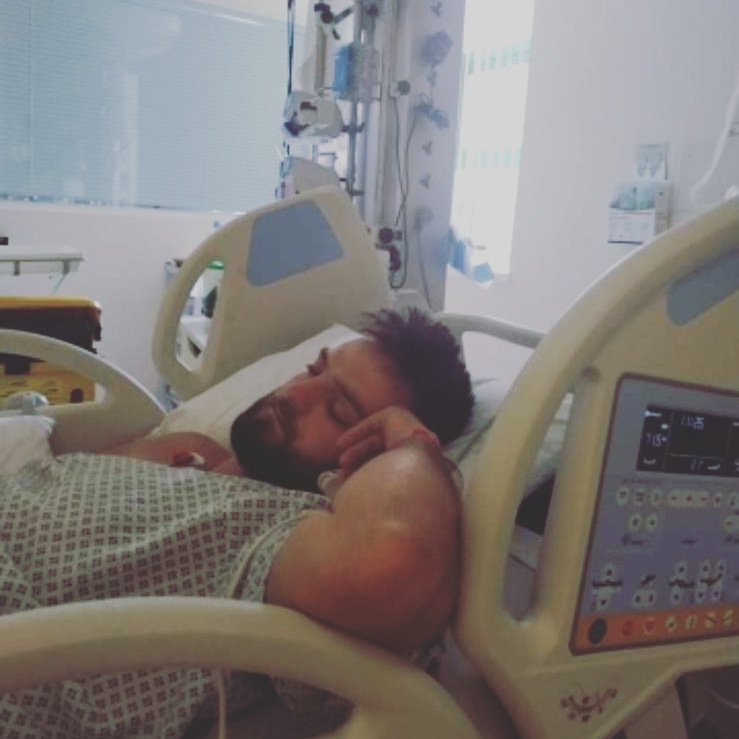
Dominick has filmed a video of his story for The Brain Charity for their annual report out this month, giving back to the Liverpool-based organisation that has helped him on the road to recovery, and showing in the best way possible how its ‘amazing’ work can help people, like him, get their life back.
The Brain Charity supports thousands of people with more than 600 neurological conditions each year from Merseyside and across the UK, providing practical help, emotional support and social activities, and championing neurodiversity.
And it’s thanks to help from the charity, that Dominick reckons he’s about 70% of the way to recovery.
“Now I just want to make sure that my life is a good one, and I will give it 100%. That’s all you can ask of yourself.”
The 25-year-old mechanical fitter at Jaguar Land Rover was renovating his first home in summer last year when he noticed his mood was changing.
He found himself snapping, feeling down, and getting angry and upset, but put it down to the stress of recently buying a property, and the long hours spent renovating it.
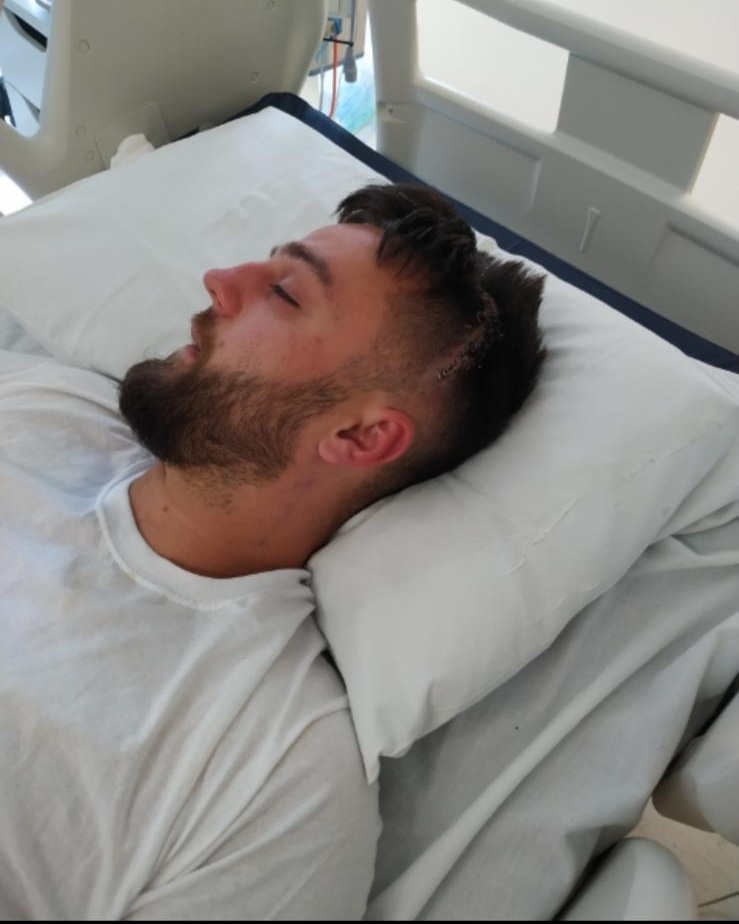
But in August, he woke up and realised that he couldn’t move his right side, and when he tried to speak, he was repeating himself and slurring his words.
His girlfriend Laura realised Dominick was having a stroke and called an ambulance, and he was rushed to hospital where doctors discovered it had been caused by an extremely rare arteriovenous malformation (AVM), a tangle of abnormal and poorly developed blood vessels that affects just 1% of the population; his mood swings had been caused by the AVM bursting and healing multiple times, causing mini- strokes in the part of the brain that regulates emotions.
Dominick says: “I thought I was going to die. I closed my eyes and blacked out. I have no memories of that time, but I wasn’t unconscious.
“I woke up a week later in intensive care.”
Dominick underwent a nine-hour operation to remove the AVM at The Walton Centre. The left side of his brain was damaged by the stroke which meant he was unable to use the right side of his body, and he couldn’t talk.
He was diagnosed with non-fluent aphasia, which meant he struggled to produce words and sounds, and retrieve language – but he did discover he could sing Fly Me To The Moon perfectly, as a different part of the brain controls music and singing to the part that was damaged.
“When I first work up in hospital I couldn’t talk at all. A speech therapist asked me to recite the alphabet and I realised I couldn’t.
“But one day, I was watching TV and mumbling, and then I started to sing Fly Me To The Moon (so that’s got to be my karaoke go-to song now). It gave me hope because I realised that if I could sing, one day I’d be able to talk again too.”
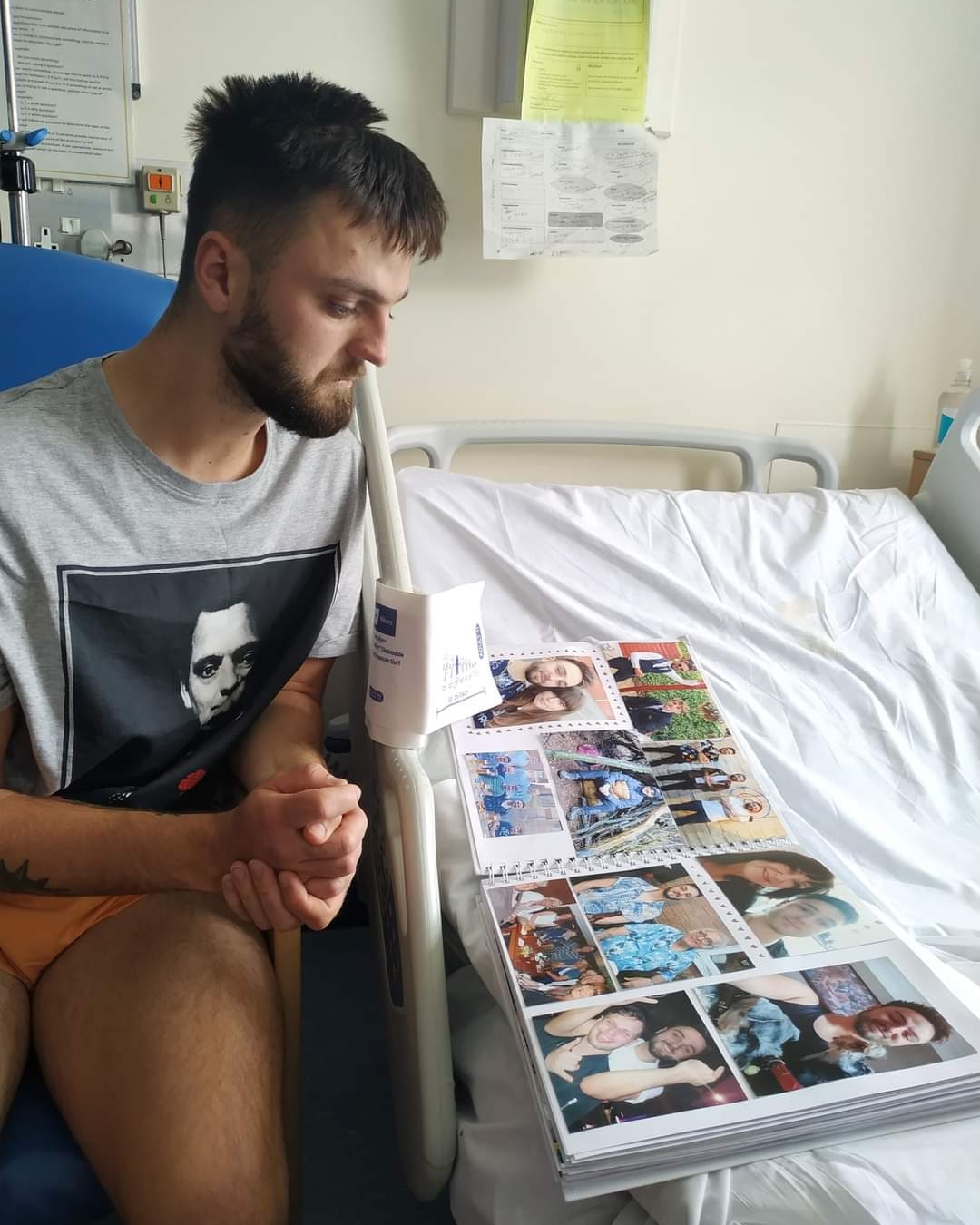
Dominick has since worked hard to regain the right side of his body, undergoing intensive physiotherapy, and lifting weights to get strength back.
Among other things, The Brain Charity has provided speech and language therapy (SALT) to help him regain his voice.
Nanette Mellor, CEO at The Brain Charity, says:
“The emotional and mental health impact of aphasia can be huge.
“For many day-to-day activities, talking is how we communicate and if you can’t speak, simple tasks like going to a shop or getting a bus can become very difficult. There is also the financial and economic impact – loss of employment is a massive factor, people who have experienced aphasia may feel they can no longer work, or face losing their jobs.
“Speech and language therapy is vital to support people like Dominick, who we are so proud of for sharing his story and so glad we’ve been able to help.”
It’s a sentiment that’s shared.
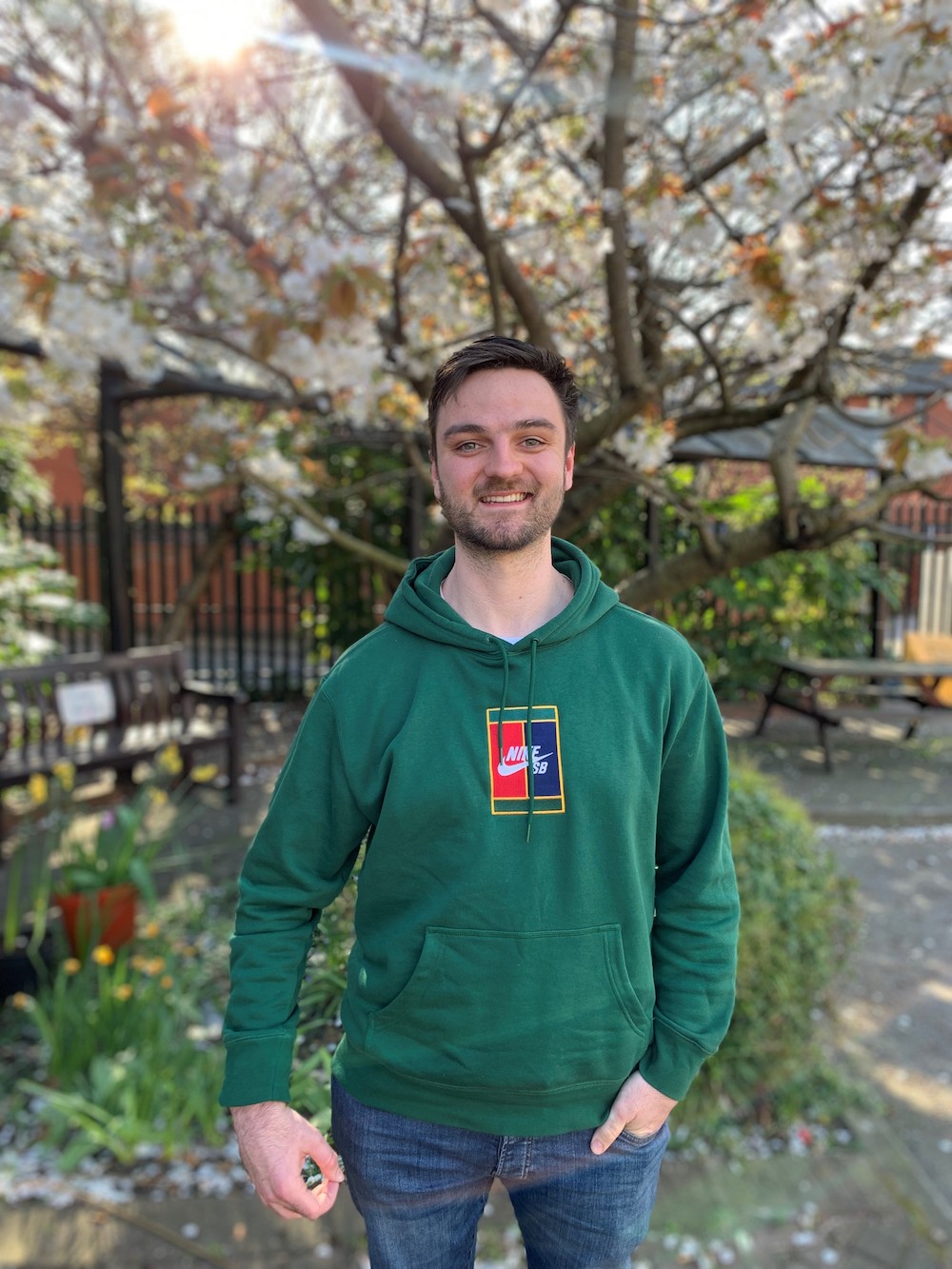
“I will always be a member of The Brain Charity which has given me so much support, from speech therapy to giving me information, and helping me with paperwork I needed to fill in.
“It’s important to me to make people aware of the work it’s doing. You can replace a heart or lungs, but you can’t replace a brain.”
Dominick, who’s hoping to get back to work as soon as he can, says the stroke has understandably changed his outlook on life: “My life used to be based around targets; it was to get a house, get a camper van, get a girlfriend…work, work, work.
“I’m still the same, I’m still adventurous, and I want to do the top of what I can do. But my perspective is that nothing is guaranteed, so live life for today, not for tomorrow.”


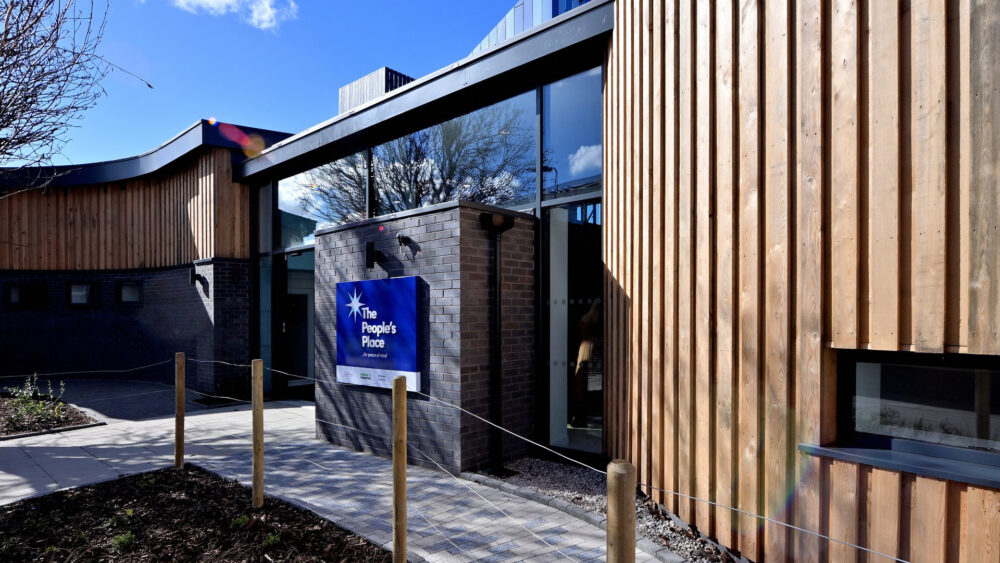

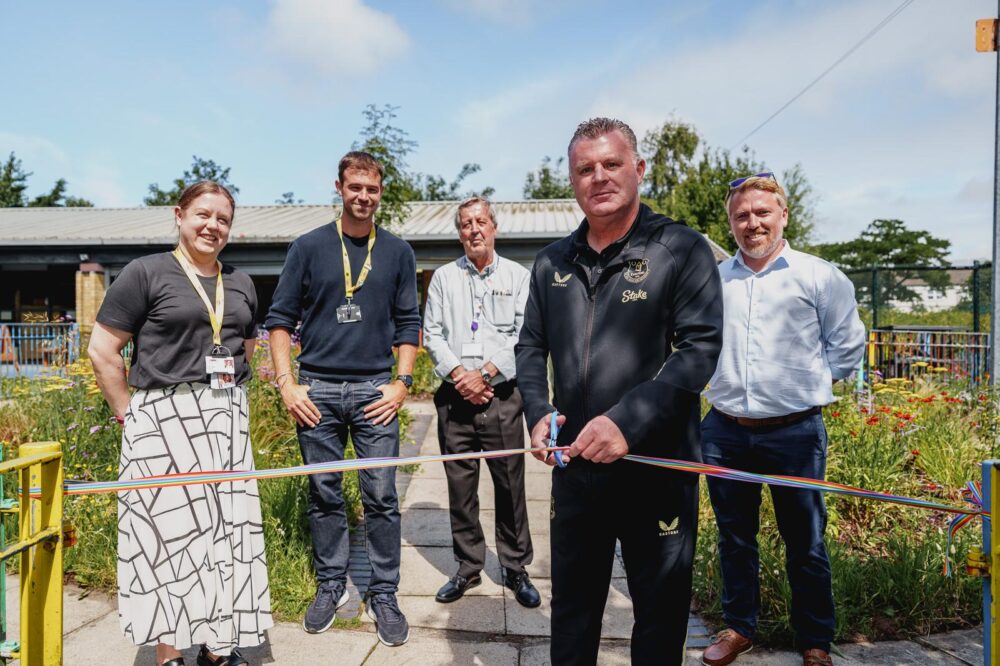
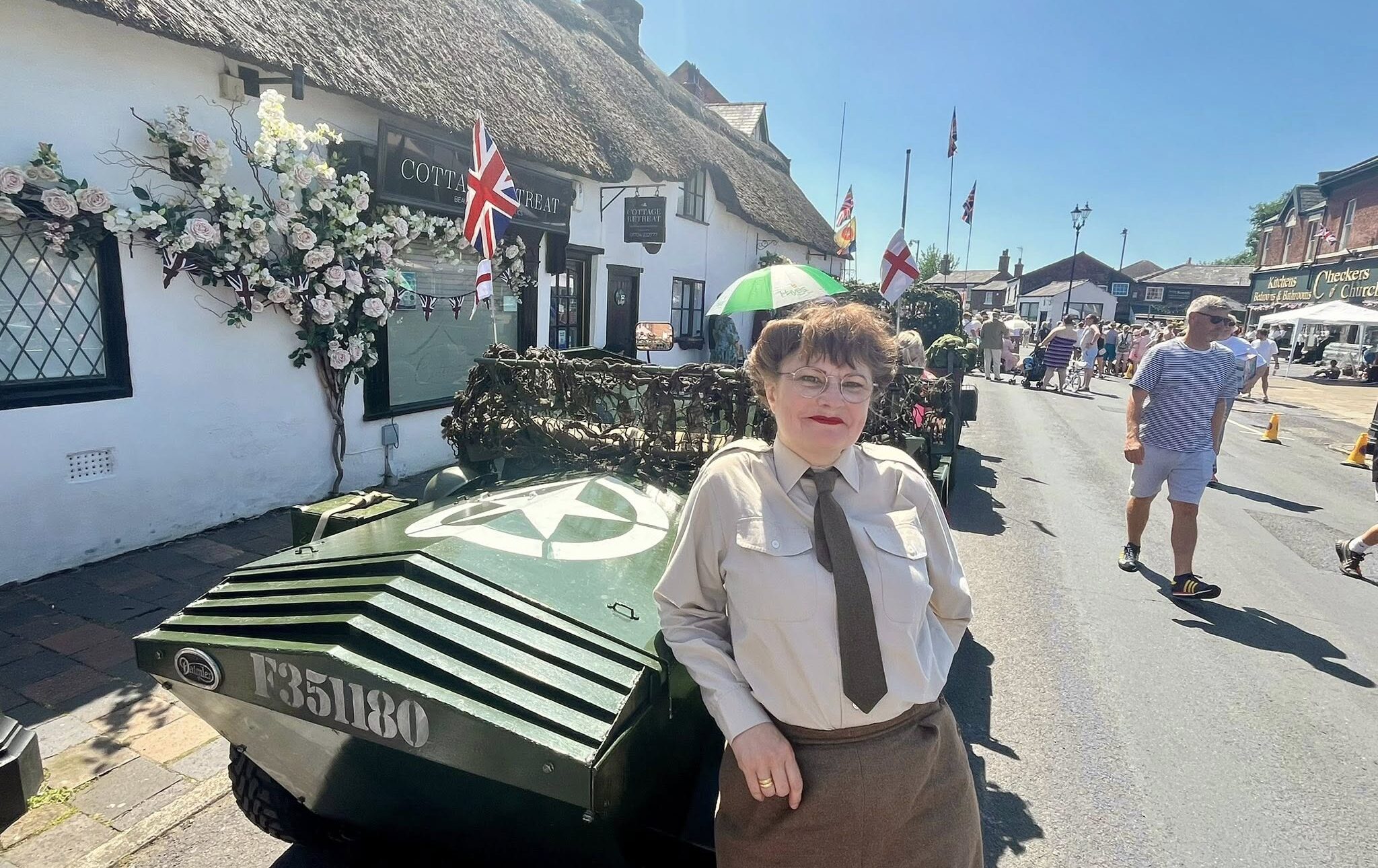

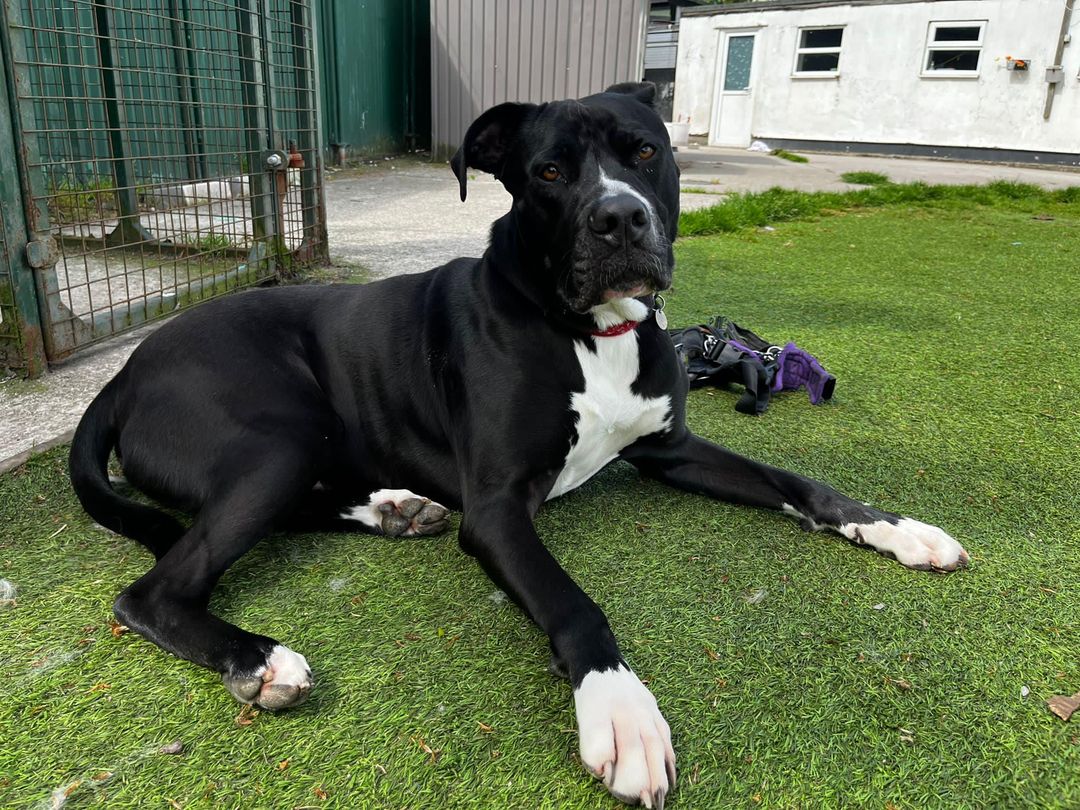
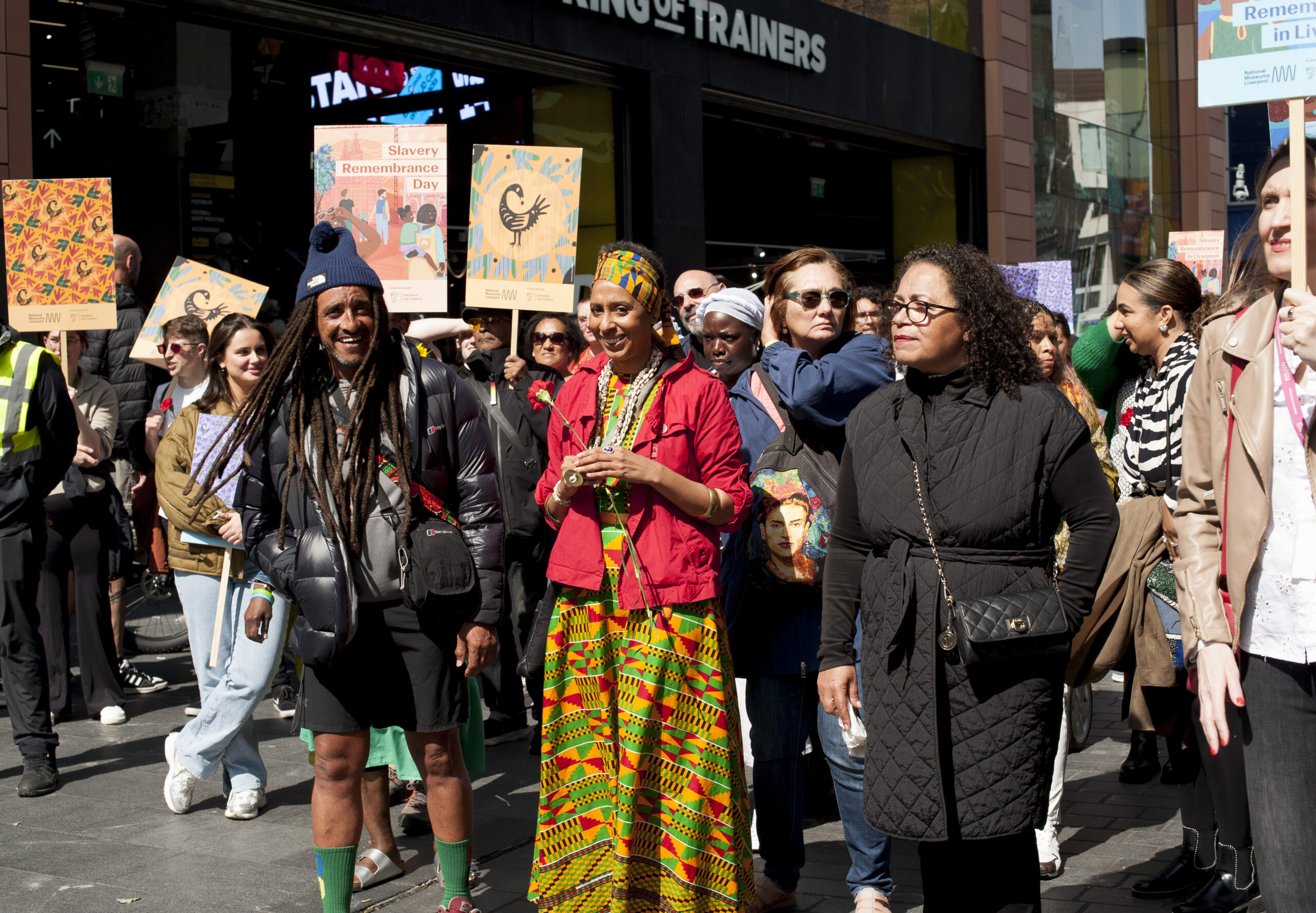

 Subscribe
Subscribe Follow Us
Follow Us Follow Us
Follow Us Follow Us
Follow Us Follow Us
Follow Us Follow Us
Follow Us











